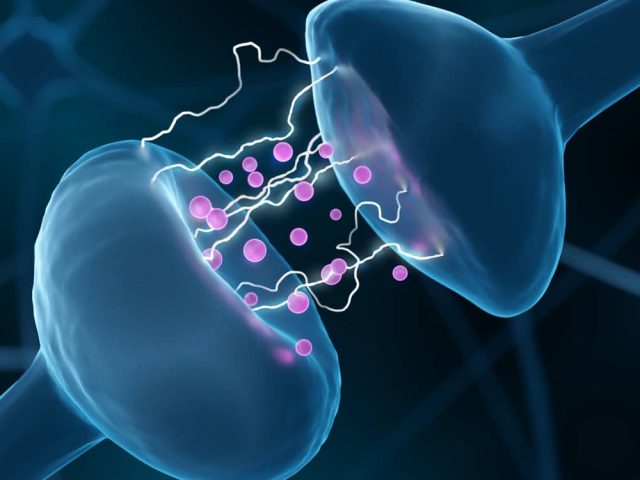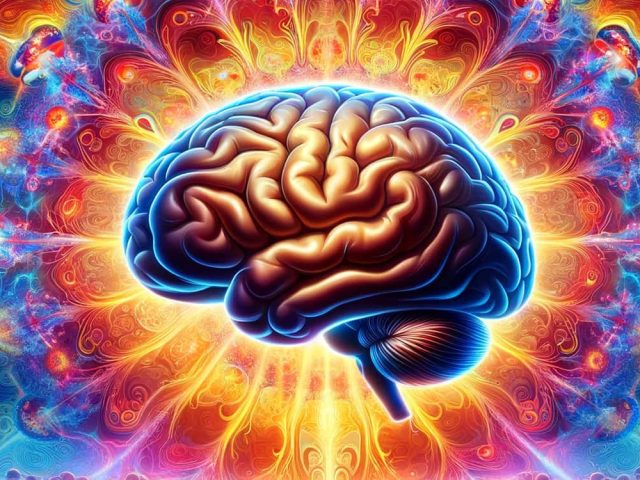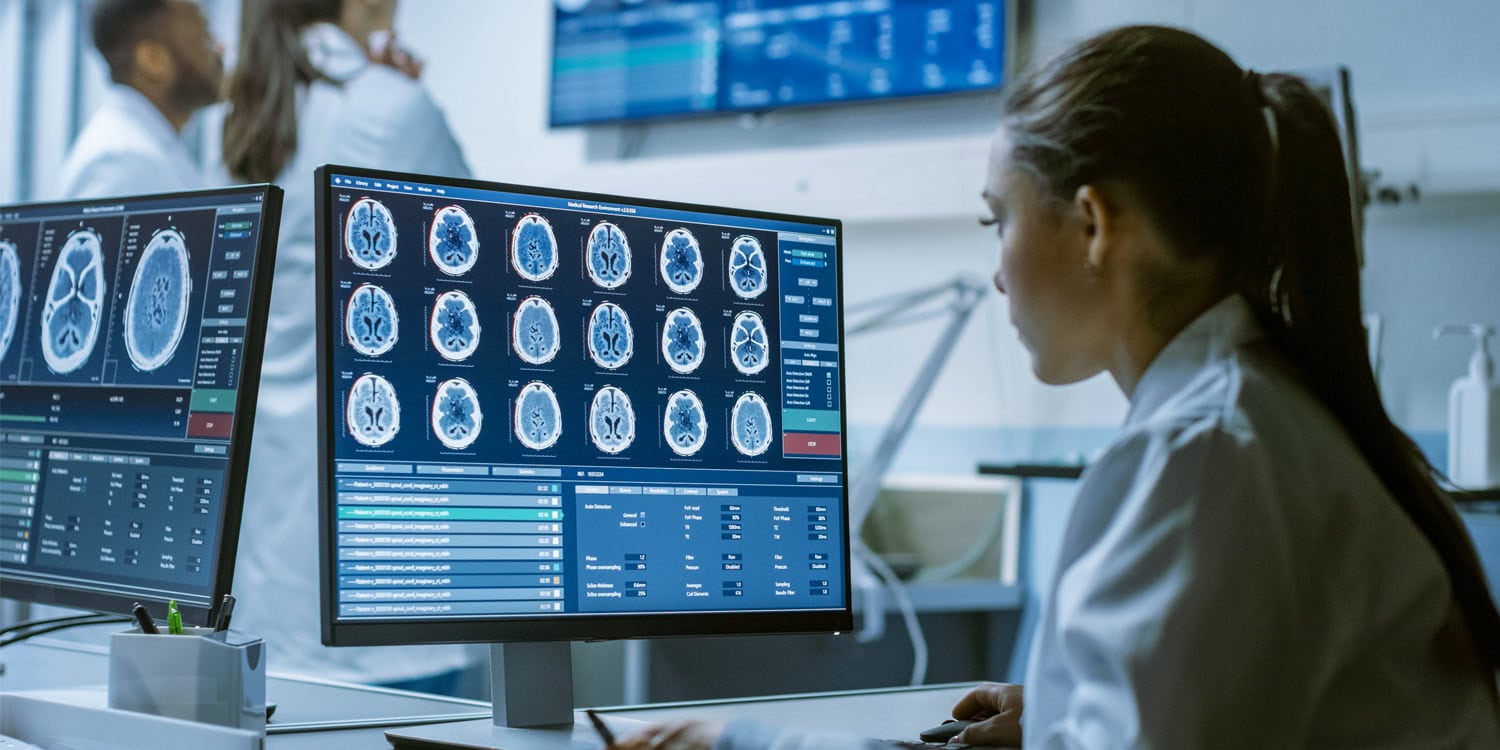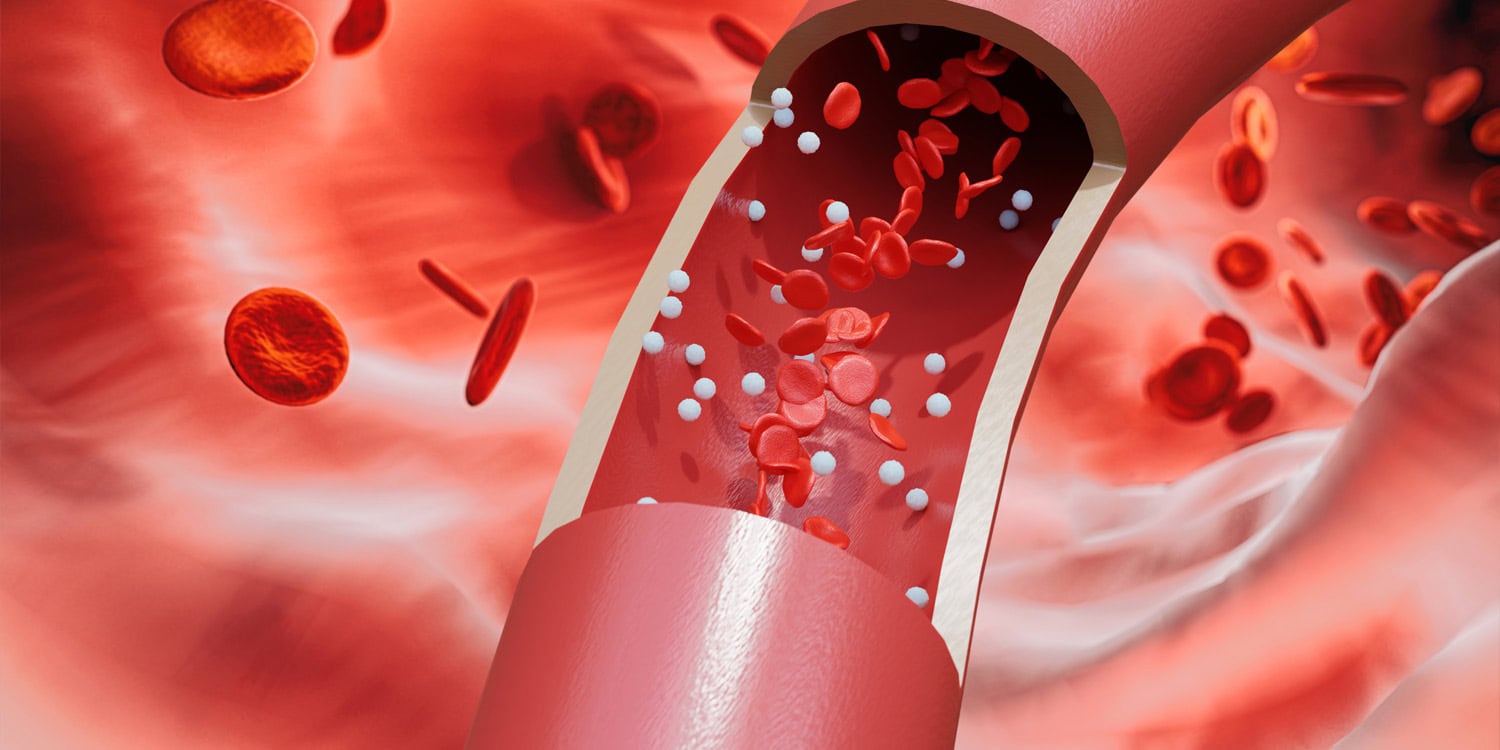Scientists at the University of California, Davis have developed a new drug related to LSD that retains the psychedelic’s beneficial brain effects while minimizing the hallucinogenic experience. The compound, called …
 Psychopharmacology
PsychopharmacologyFlipping two atoms in LSD turned it into a powerful treatment for damaged brain circuits
 Psychopharmacology
PsychopharmacologyScientists map how alcohol changes bodily sensations
A new study published in the Journal of Psychopharmacology offers insight into how alcohol changes our internal bodily experience — and why that might matter for understanding addiction. People who …
 Psychopharmacology
PsychopharmacologySingle-dose psilocybin therapy shows promise for reducing alcohol consumption
A new study published in the Journal of Psychopharmacology suggests that a single high dose of psilocybin, combined with psychological support, can lead to reductions in alcohol use among people …
 Neuroscience
NeuroscienceSocioeconomic background tied to distinct brain and behavioral patterns
A new study published in Nature Neuroscience suggests that different aspects of socioeconomic status are associated with distinct patterns of brain structure, connectivity, and behavior—and these associations can vary depending …
 Neuroscience
NeurosciencePopular sugar substitute erythritol may impair brain blood vessel health, study finds
New research published in the Journal of Applied Physiology suggests that erythritol, a popular sugar substitute, may negatively affect the cells lining blood vessels in the brain. In laboratory experiments, …
 Neuroscience
NeuroscienceNew neuroscience study reveals sex-specific brain responses to threat
A new study published in Nature Neuroscience has found that male and female mice rely on different brain circuits to process threatening situations, even though they behave in much the …
 Neuroscience
NeuroscienceAdversity in childhood linked to accelerated brain development
A new study published in Molecular Psychiatry suggests that adversity experienced during late childhood is associated with accelerated changes in brain connectivity between cortical and subcortical regions. These neural changes …